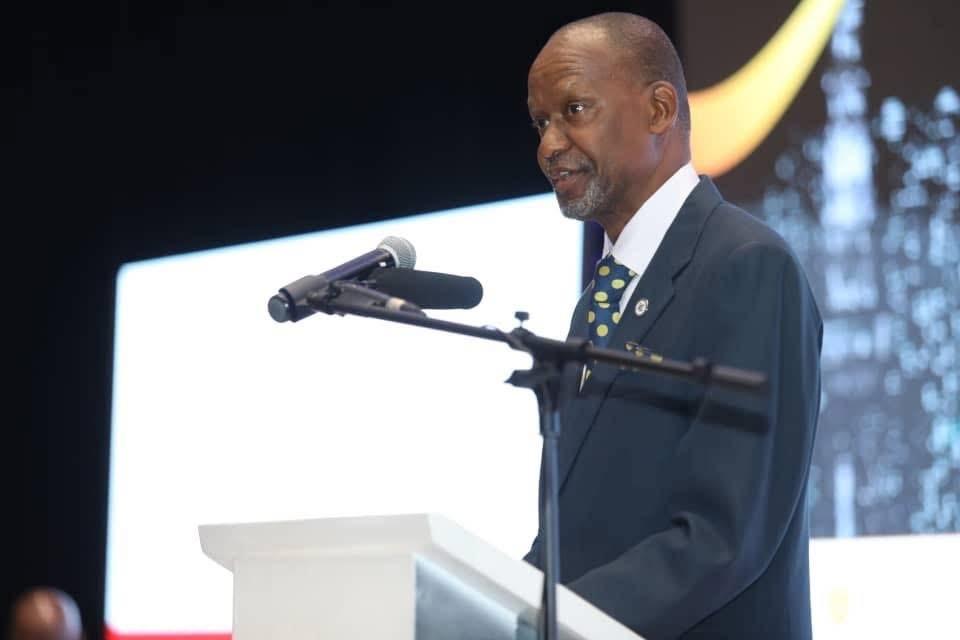Africa-Press – Botswana. The South African Development Committee (SADC) has not been spared from the economic challenges afflicting the global community and because of this, development of finance institutions are crucial for mobilising resources to support governments to fill the gaps.
SADC executive secretary, Mr Elias Magosi stated this when addressing the regional block’s development finance institutions, chief executive officers’ forum on Thursday.
“African countries, including SADC member states, continue to grapple with significant structural challenges and a series of severe shocks,” he said and emphasised the need to establish financial institutions suitable to address the financing needs of the region, including strengthening the development finance institutions.
Among the shocks faced by the region, he said were the rising food and energy prices largely driven by geopolitical tensions within the region and globally, climate related disruptions impacting agriculture and energy production and the effects of recent shifts in US foreign aid and trade policies.
These factors, have contributed to a slowdown in the region’s economic growth, Mr Magosi said.
However, he said looking forward, the economic outlook was more positive and underscored the inherent resilience and potential of its economies.
Mr Magosi said the SADC region boasted a combined Gross Domestic Product of around US$720 billion, offering immense potential for trade and investment opportunities, economic growth with a substantial market of approximately 366 million people and youth making up 74.6 per cent of the population.
He said structural transformation had been limited as many economies in the region remained heavily reliant on traditional, low-productivity sectors such as agriculture and low-skilled services for both growth and employment.
“To drive meaningful transformation, the SADC region must prioritise strategic investments in key Sustainable Development Goals,” he said.
Nonetheless, Mr Magosi said the financing needed for these investments was substantial, with an estimated gap of approximately US$402 billion annually through 2030.
He said bridging the gap would require a multifaceted approach, scaling up domestic resource mobilisation, fostering private sector investment, and most importantly, increasing external financial flows as complementary sources of funding.
“Given the magnitude of this challenge, mobilising all available resources is essential to achieving sustainable and inclusive growth across the SADC region,” he stated.
Hence he said DFIs remained critical in mobilising resources, amongst other things, but noted that the SADC region was the only African Regional Economic Community without its dedicated Development Finance Institution.
The SADC Development Finance Institution network chairperson, Mr João Salvador Quintas, said Development Finance Institutions around the world were stepping into a new era, faced with widening inequality, climate vulnerability, digital divides, and constrained public resources.
Hence he said development finance institutions must evolve, adding that no single institution could tackle today’s complex challenges alone therefore, there was a need for collaboration.
The forum was held under the theme, Bold Steps, Shared Future: Building the Development Finance Resource Centre of Tomorrow.
For More News And Analysis About Botswana Follow Africa-Press






